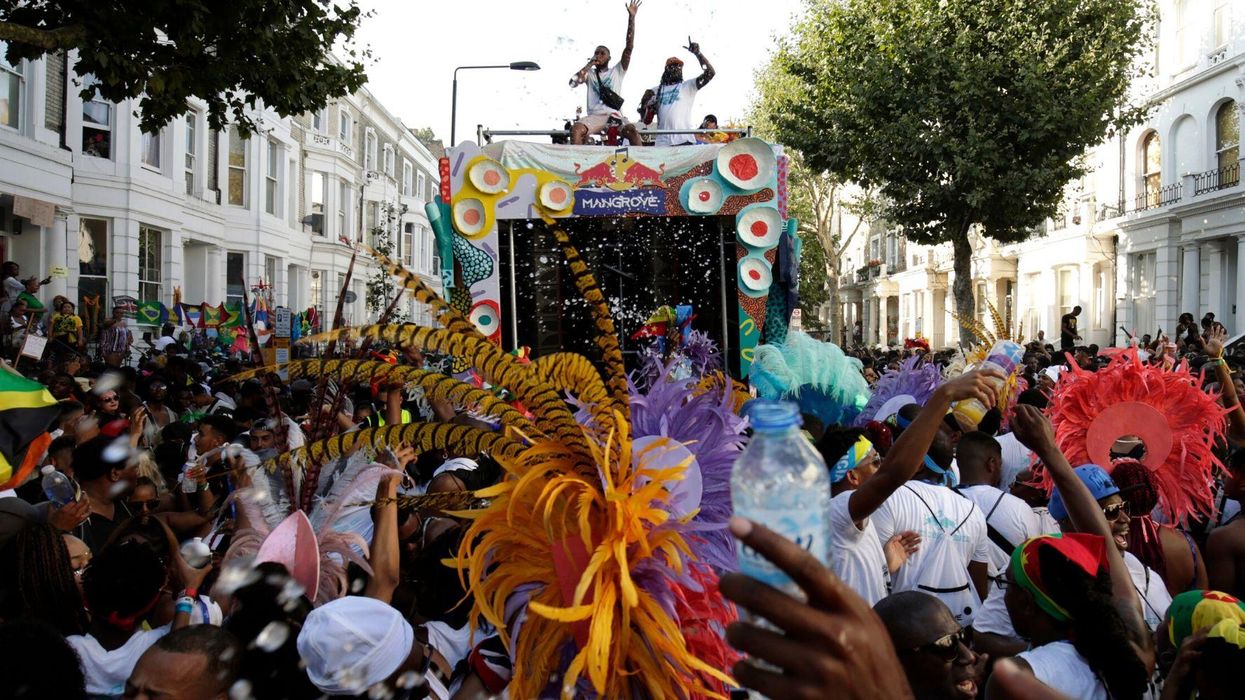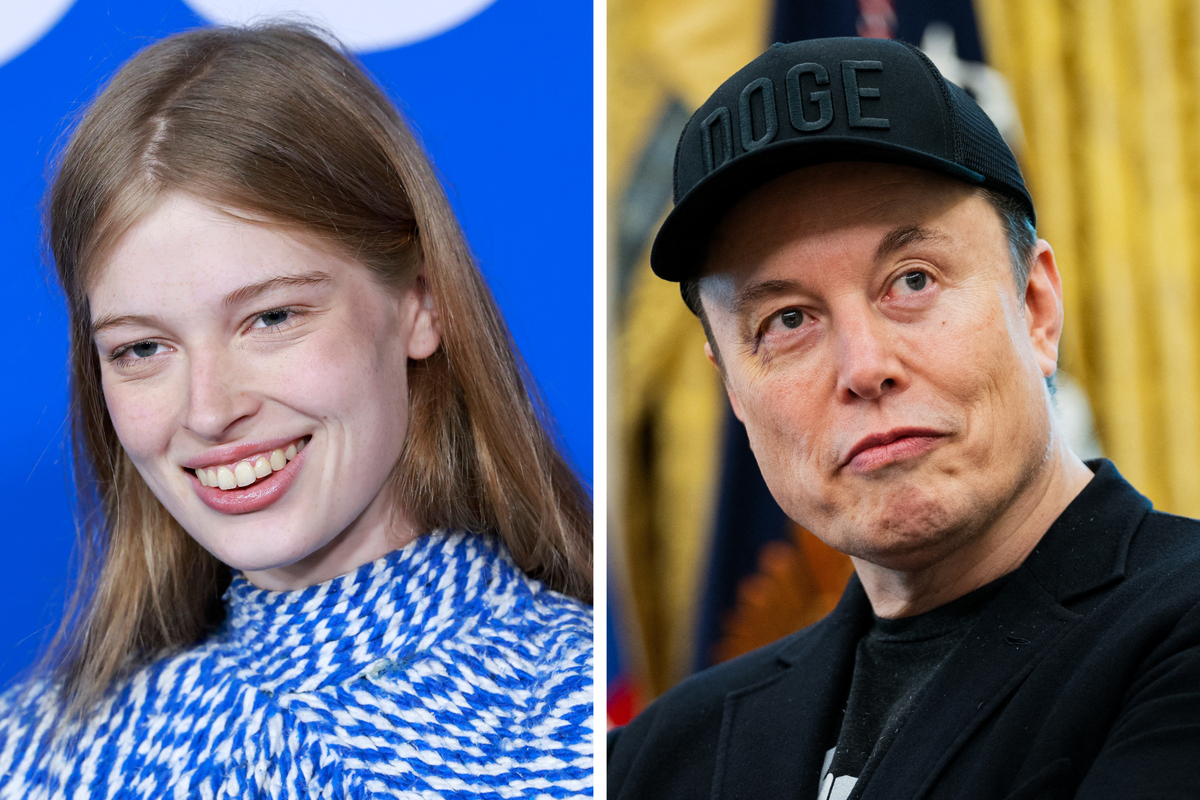News
Moya Lothian-McLean
May 07, 2020

iStock
Covid-19 has claimed the scalp of yet another festival.
Following the wake of Glastonbury, Wireless and Primavera (but notably not AfroNation which is still refusing to admit defeat or issue refunds), the organisers of Notting Hill Carnival today announced that the annual August celebration of Caribbean culture will not taking place in 2020, for the first time ever.
In a statement, organisers said the decision had been reached after “lengthy consultations”.
“This has not been an easy decision to make, but the reality of the pandemic and the way in which it has unfolded means that this is the only safe option. Everyone’s health has to come first,” they wrote.
“We also have no wish to place extra strain on our colleagues at St John Ambulance and the NHS. We want to take this opportunity to express our utmost respect, admiration and gratitude for their work.”
Notting Hill Carnival – which began in response to attacks by white mobs on West Indian residents in Notting Hill – is Europe’s biggest street festival, welcoming over 2 million attendees to the streets of West London every year.
But it’s long been a site of tensions as racist narratives around drug use and crime rates have sprung up.
And the announcement that it would not be taking place this year saw the same prejudice cropping up again in response to the news.
“Illegal drug dealers will be devastated,” wrote one Twitter user in reply to a tweet about the festival’s postponement.
“Stab vests no longer required,” said another.
“And suddenly I love London again,” one woman posted, following her tweet with another containing screenshots of headlines about arrests at Carnival.
There was a flood of tweets containing similar sentiments, including multiple references to crime rates, drugs and knife violence. And that's only what people are posting publicly.
The thinly veiled bigotry behind such jubilation didn’t go unnoticed either.
Last year a Huffington Post investigation found Notting Hill Carnival has a far lower crime rate than that of UK festivals like Creamfields, which is attended by roughly 1.7 million fewer people than Carnival.
There were 3.76 arrests per 10,000 people at Notting Hill Carnival over a three-year period, compared to 23.67 arrests at Creamfields in the same time frame.
Glastonbury – which welcomes an average 200,00 people yearly to Worthy Farm – had an arrest rate of 3.1 per 10,000 people, although it should be noted it is held over five days, rather than two.
However, commentators also say that Notting Hill Carnival’s high arrest rate could be attributed to a heavier police presence than festivals like Royal Ascot, which are considered as “upper class”.
Police have been accused of over-policing the festival due to racial profiling.
Last year police tested facial recognition software at Notting Hill Carnival and activated a Section 60 order, allowing them to stop and search people without suspicion.
Despite the presence of the Section 60 order, there was a 40 per cent cut in offences compared to 2018.
Police messaging around Notting Hill Carnival may also contribute to public perceptions of it.
“It is the only festival, the only event the Met do where they automatically put out the crime stats,” Matthew Phillip, executive director of Notting Hill Carnival Ltd, told HuffPost UK.
“Any other event the press have to ask for it”.
The Met Police denied this was the case.
Phillips also decried the use of the term “knife arches” for the screening technology deployed at the festival.
“Knife arches, I hate that term,” he said. “Now these arches are at airports, millions of people go through them every day.'
There are events at the Royal Albert Hall and they’re called screening arches there, they are at a lot of major events and festivals, but only when it comes to Notting Hill Carnival are they referred to as knife arches.
That’s one I really can’t get my head around, but it comes from the police and we have corrected them and they’ve stopped using those terms.
Carnival may be cancelled but racism is absolutely thriving.
Top 100
The Conversation (0)













